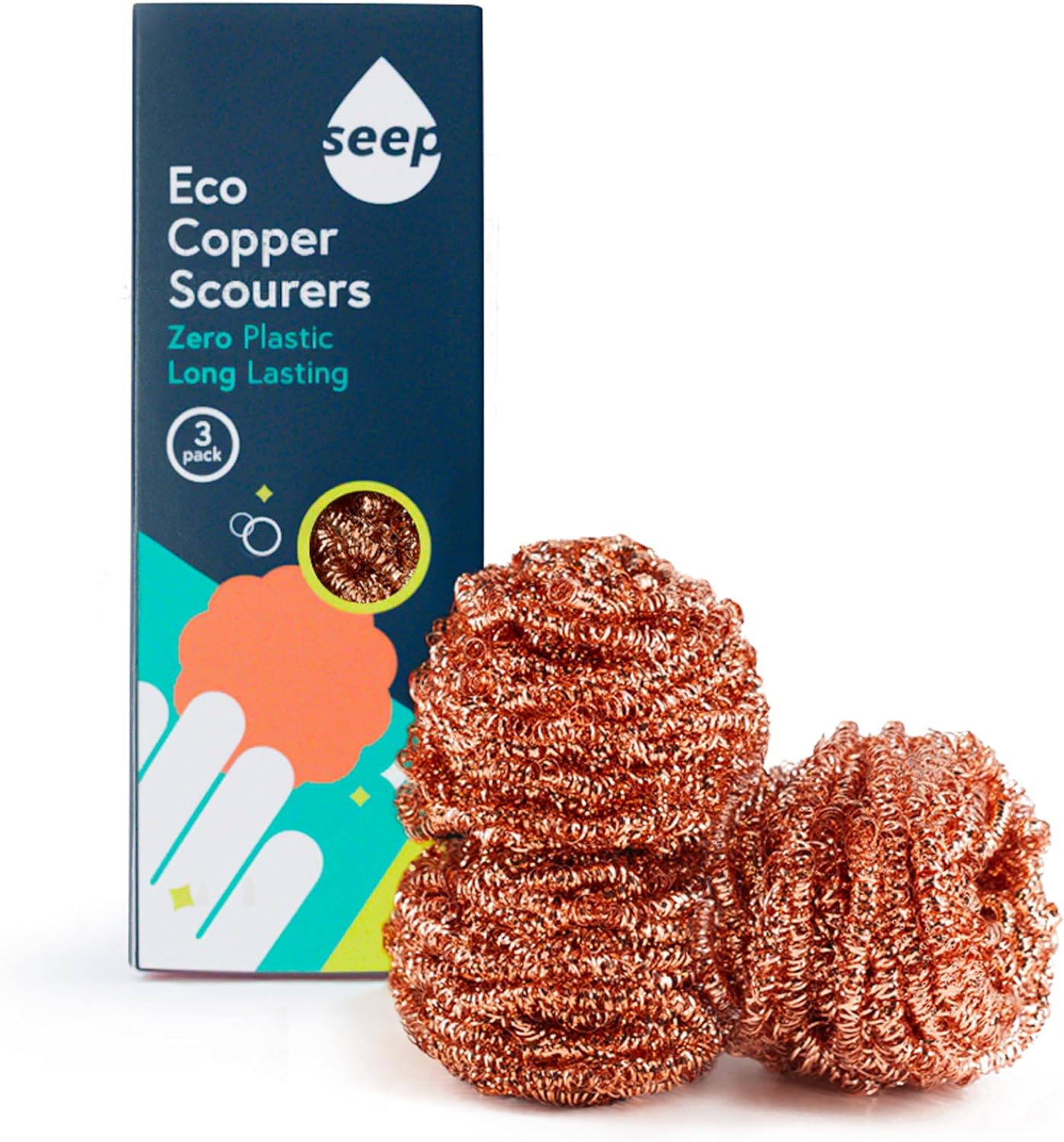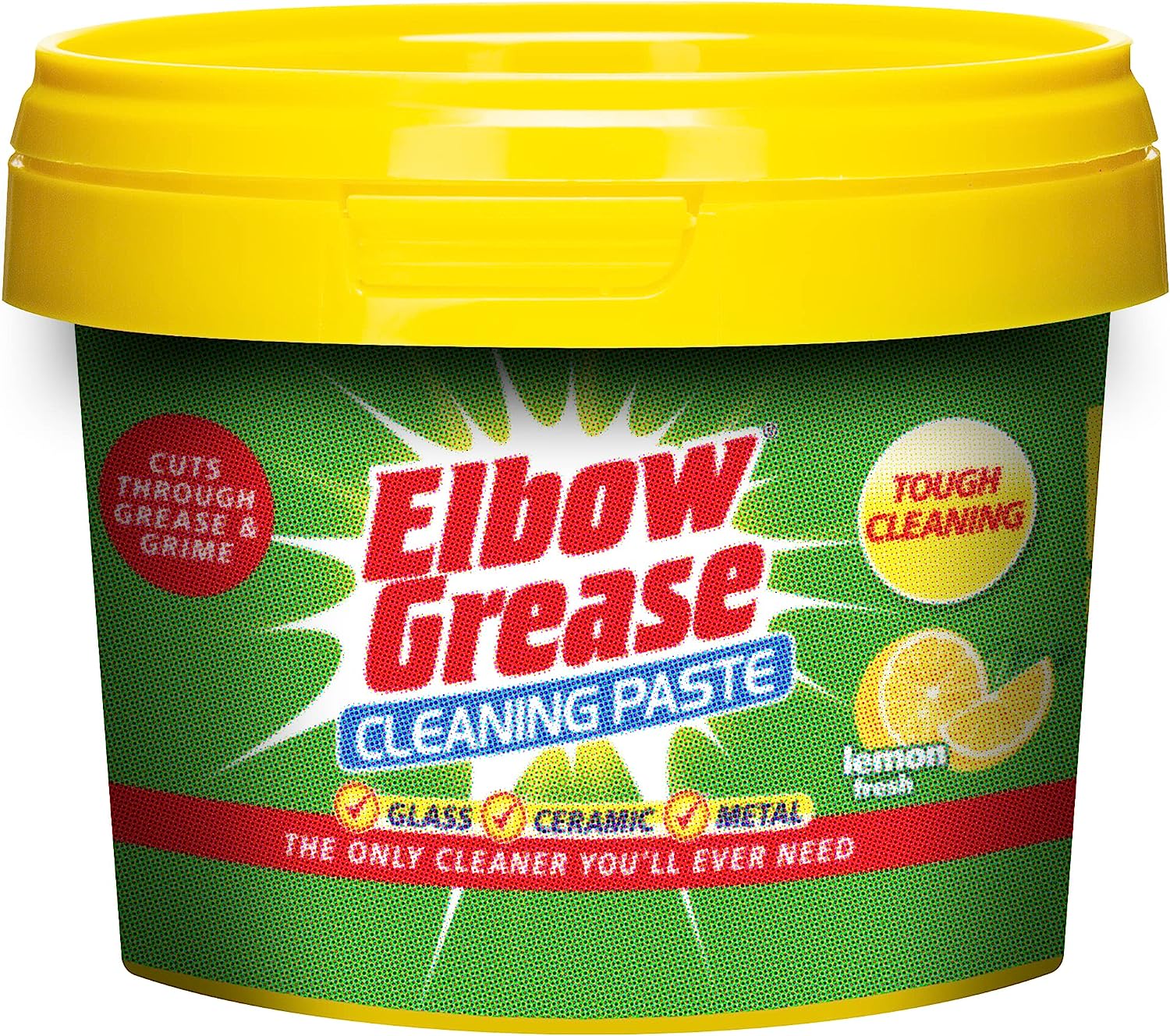How to clean rust off metal and give your belongings a shiny new lease of life
Get ready to say hello to sparkling surfaces
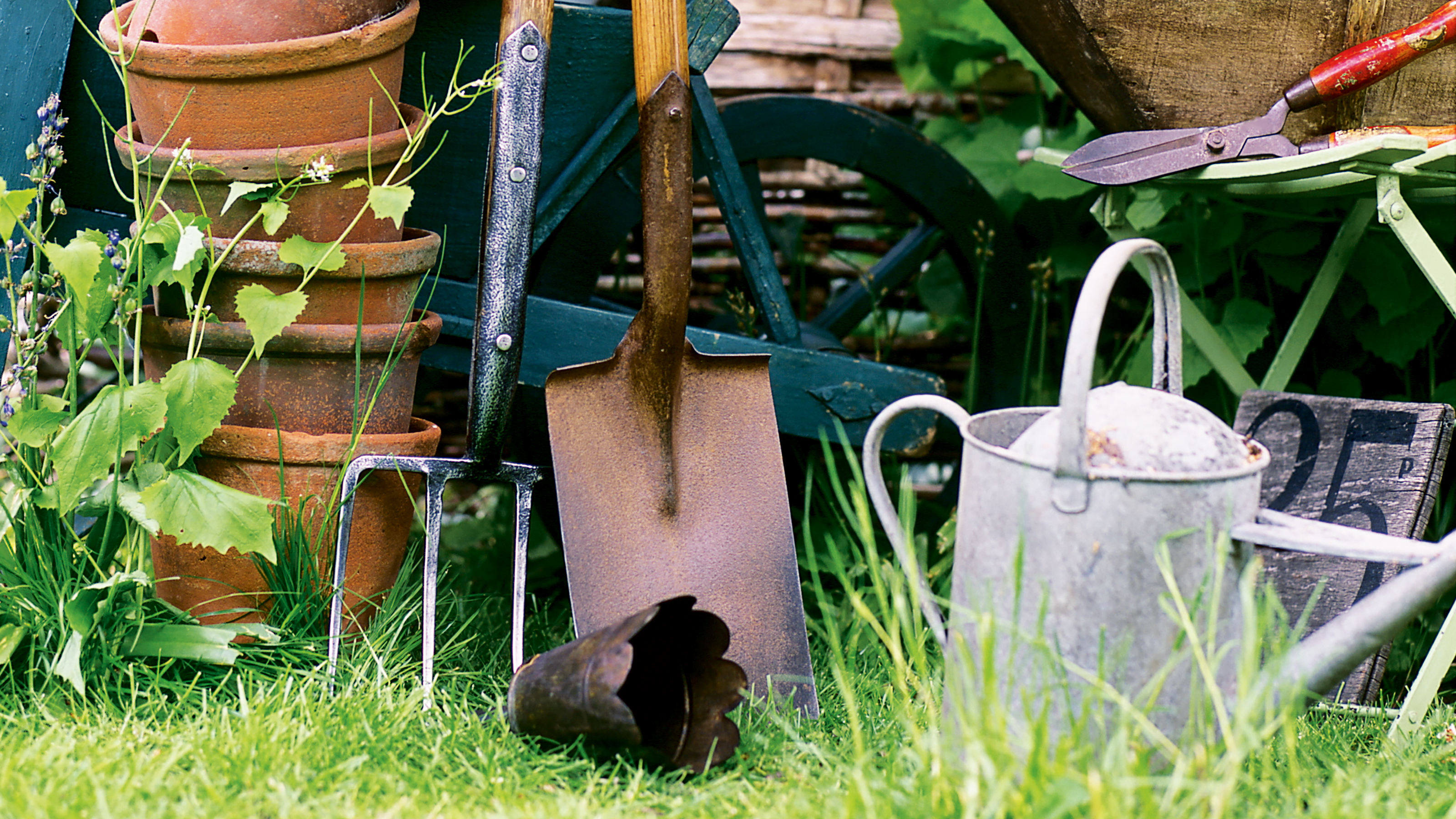

Just as how silver seems to tarnish the very second you take your eyes off it, so iron seems to start rusting. And while iron is technically the only metal that rusts in the strictest sense of the word, other metals corrode and, honestly, this looks and acts like rust. This means that whatever metal items you have you're bound to have more than enough cause to wonder how to clean rust off metal.
As always, prevention is better than cure, which is why when it comes to those most prone to turning crusty orange we advise taking extra care, such as by weatherproofing outdoor furniture. But let's be real, nobody's perfect, so we've asked the cleaning experts what we can do to already rusted metals to help return them to their former glory.
How to clean rust off metal
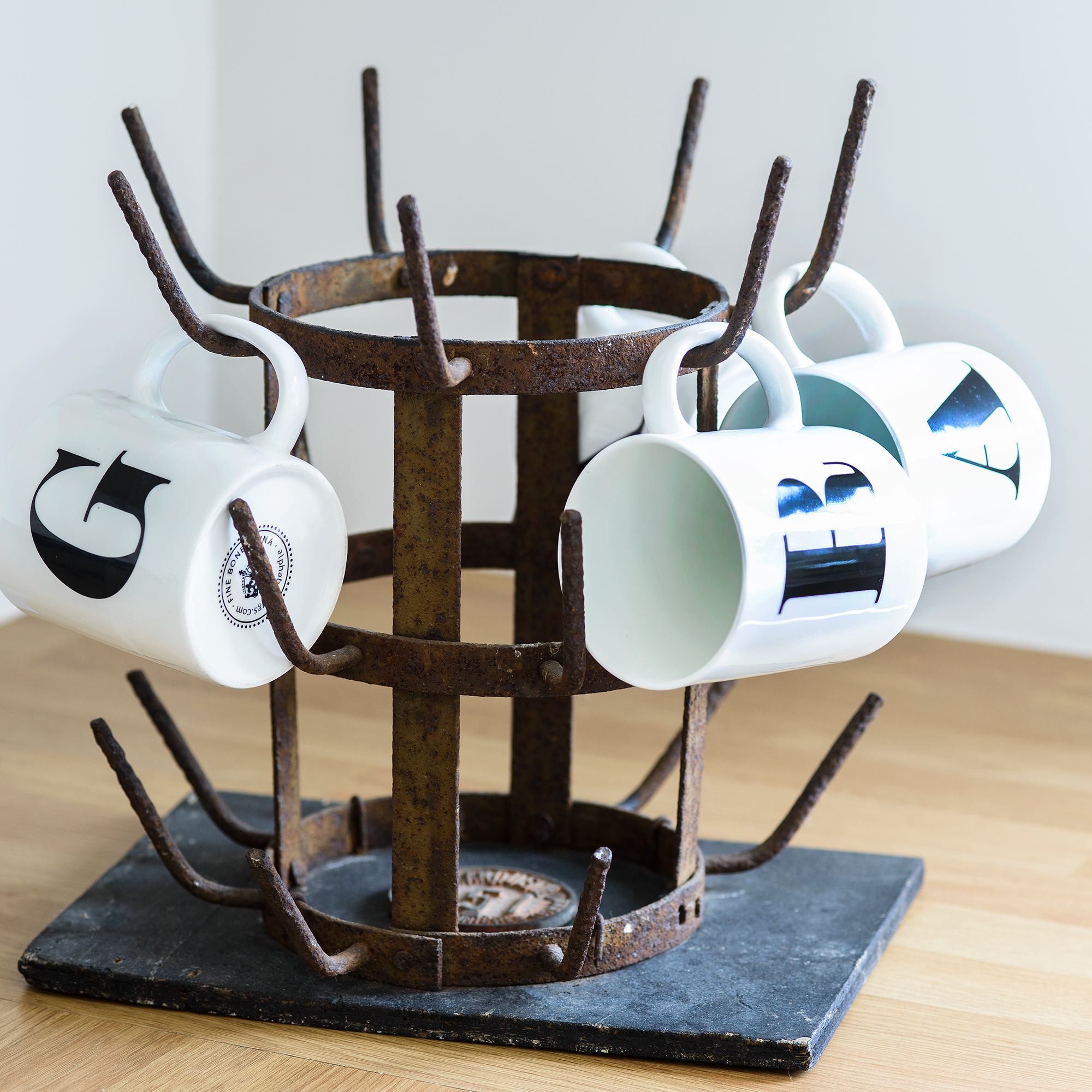
'Rust can be the bane of metal surfaces, but it can be effectively tackled using a range of solutions, including both commercial products and easily accessible homemade remedies,' says Leigh Start, managing director of The Metal Store.
'Whether it’s stainless steel, aluminium, or traditional steel, there are methods tailored to each type of metal for a revitalised finish. Each solution works through different chemical processes to dissolve or lift the rust from the metal surface.'
What products take rust off metal?
As with cleaning most things there are two main routes you can go down with how to clean rust off metal – store bought products and homemade solutions.
A variety of commercial rust removers are available, designed to effectively dissolve and remove rust from metal surfaces,' says Leigh. 'These products are formulated to suit different types of metals, ensuring optimal results without causing harm to the material.'
To stay more eco-friendly (and even keep cost down), you can use common household ingredients instead. 'You can use products like commercial rust removers, vinegar, or lemon juice,' advises Baqir Khan, owner of Proactive Cleaners.
'Depending on how severe the rust is, you might need to combine a few methods to remove the rust entirely,' warns Amanda Lewis, marketing director of Elbow Grease. Let's first look at how to use commercial products...
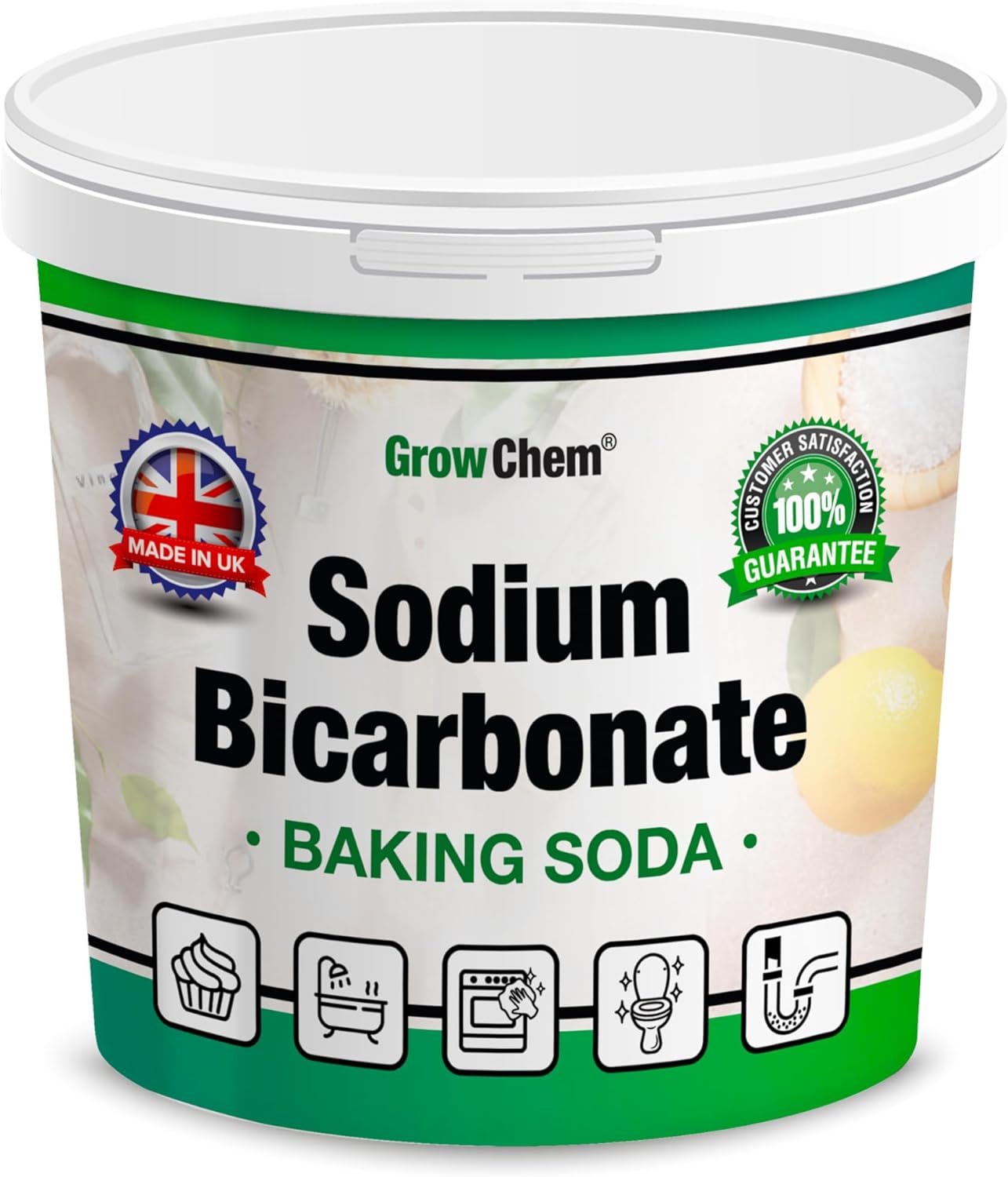
Bicarb is a wonder of an ingredient and will help you with cleaning all sorts of items around the home, including rusted metals
How to clean rust off metal
Most methods for how to clean rust off metal involve a similar process. 'However, remember, if using shop-bought solutions, always read the instructions on the packaging,' adds Amanda from Elbow Grease.
Leigh from The Metal Store explains the steps you'll need to take:
- Surface Preparation – Clean the metal surface to remove any loose dirt, grease, or debris.
- Rust Removal – Apply the selected rust removal solution (commercial or homemade) to the rusted area. Let the solution sit for a specified period, allowing it to dissolve the rust. Scrub the area using a brush or abrasive pad to remove the loosened rust.
- Rinse and Dry – Thoroughly rinse the metal surface to remove the rust and cleaning solution. Dry the metal surface completely to prevent further rusting.
- Protective Measures (optional to prevent further rust forming) – Apply a rust-inhibiting primer to the metal surface to prevent future rust formation. Finish the process by applying a protective coating such as paint or a clear sealant suitable for the specific metal type.

Leigh has worked with The Metal Store for 8 years, being involved in every area of the business to ensure value for customers while overseeing procurement and production of their products.
Homemade solutions for removing rust
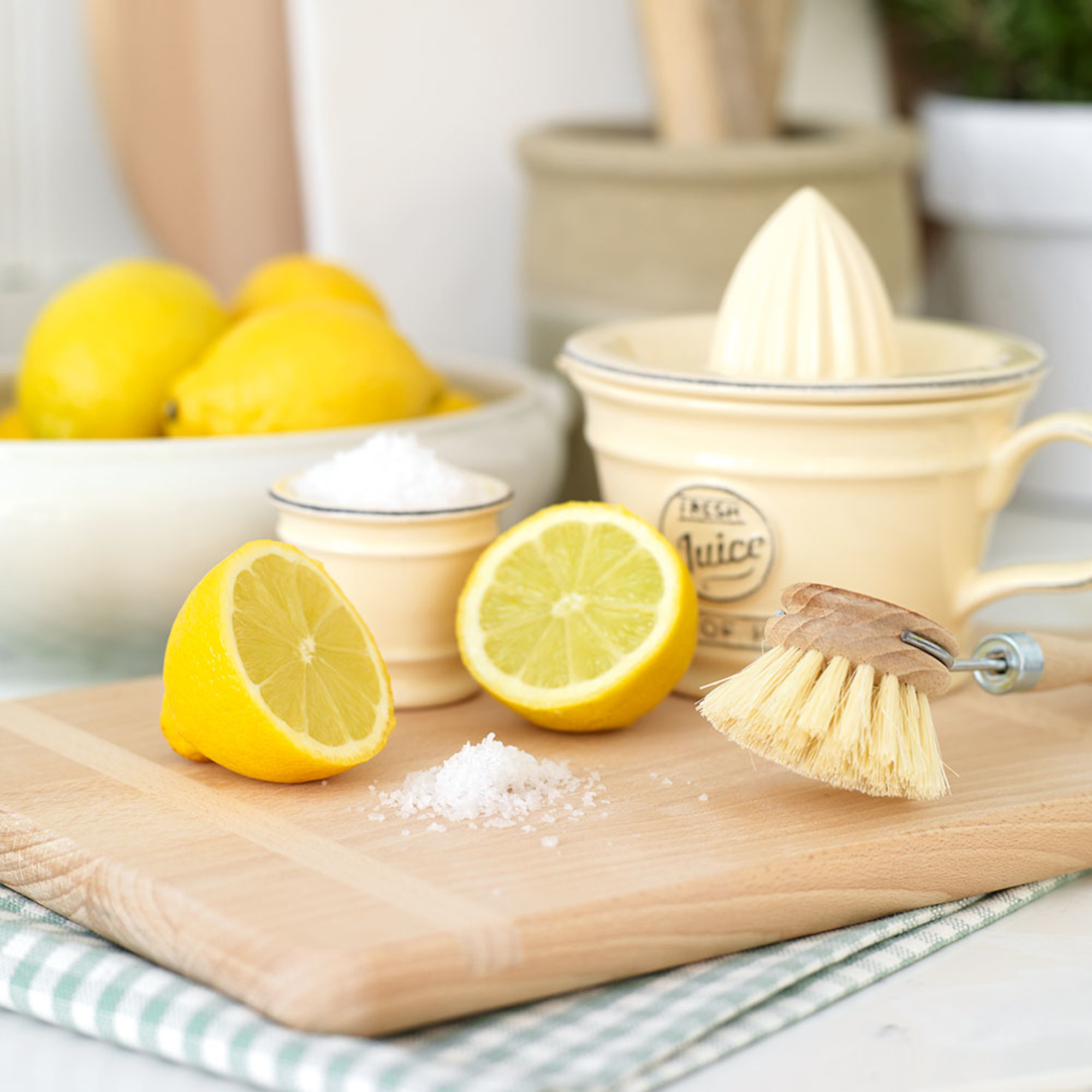
There are also several ways to create DIY solutions that will help with how to clean rust off metal, and you're likely to have all the necessary items ready and waiting in your kitchen.
'You don’t have to resort to toxic chemicals to take rust off metal as there are a number of household products that work cheaply and effectively,' advises Laura Harnett, founder of eco friendly cleaning brand Seep.
'Some will take a little bit more time and effort than others and always check what your item is made from and how badly it has rusted before getting going.'
Laura suggests four methods for how to clean rust off metal naturally:
- Baking soda – If an item is only slightly rusty then baking soda works well. Rinse the rusty item and shake it to remove most of the water. Then sprinkle it with baking soda, which will stick to the wet parts. Make sure the rusty parts get a really good coating. Leave this for an hour to let the baking soda soak into the rust and then scrub the rust away.
- White vinegar – If your rusty item isn’t made of any other materials that might be damaged by vinegar (such as stone, wood, cast iron or rubber) then pour white vinegar into a bowl, just enough to fully submerge your item. White vinegar can also damage stainless steel but is OK to use on other types of steel. Leave the item to soak overnight and then in the morning scrub with a copper scourer or metal wool. The rust should easily just lift away and can be wiped away.
- Lemon and salt – Sprinkle salt over the rusty area and then squeeze lemon juice on top. Leave this for up to three hours, depending on how rusty your item is and then use the lemon skin to scrub away the rust. This will work well on kitchen knives as it’s not as abrasive as other methods.
- Toothpaste – For rust stains a great tip is to mix toothpaste with baking soda to create a thick, abrasive paste and leave it to work for about 15 minutes. Then use a copper scourer or an old toothbrush and rub away the rust. This only works on lighter rust stains or on cutlery with rust spots.

Laura describes herself as eco conscious rather than an eco warrior, believing that lots of people living sustainable lifestyles imperfectly is better than a few people living a perfect zero waste lifestyle. Laura founded Seep to bring a new breed of essential household product, which is genuinely better for the planet.
How long does it take?
As with most types of cleaning, if you're wondering how long it takes for how to clean rust off metal, you might as well ask how long a piece of string is. However, there are a few benchmarks that you can bear in mind.
'The time required to remove rust from metal can vary depending on the severity of the rust and the chosen method,' explains cleaning pro Baqir. 'Small surface rust spots may be removed in as little as 15-30 minutes, while more extensive rust may require several hours or even overnight soaking.'

Baqir is the owner of Proactive Cleaners which provides unique solutions to address the challenges of industry-specific cleaning. Baqir has been at the forefront of technology, techniques, and the latest processes to provide a truly exceptional service in both commercial and residential cleaning.
Tips and tricks
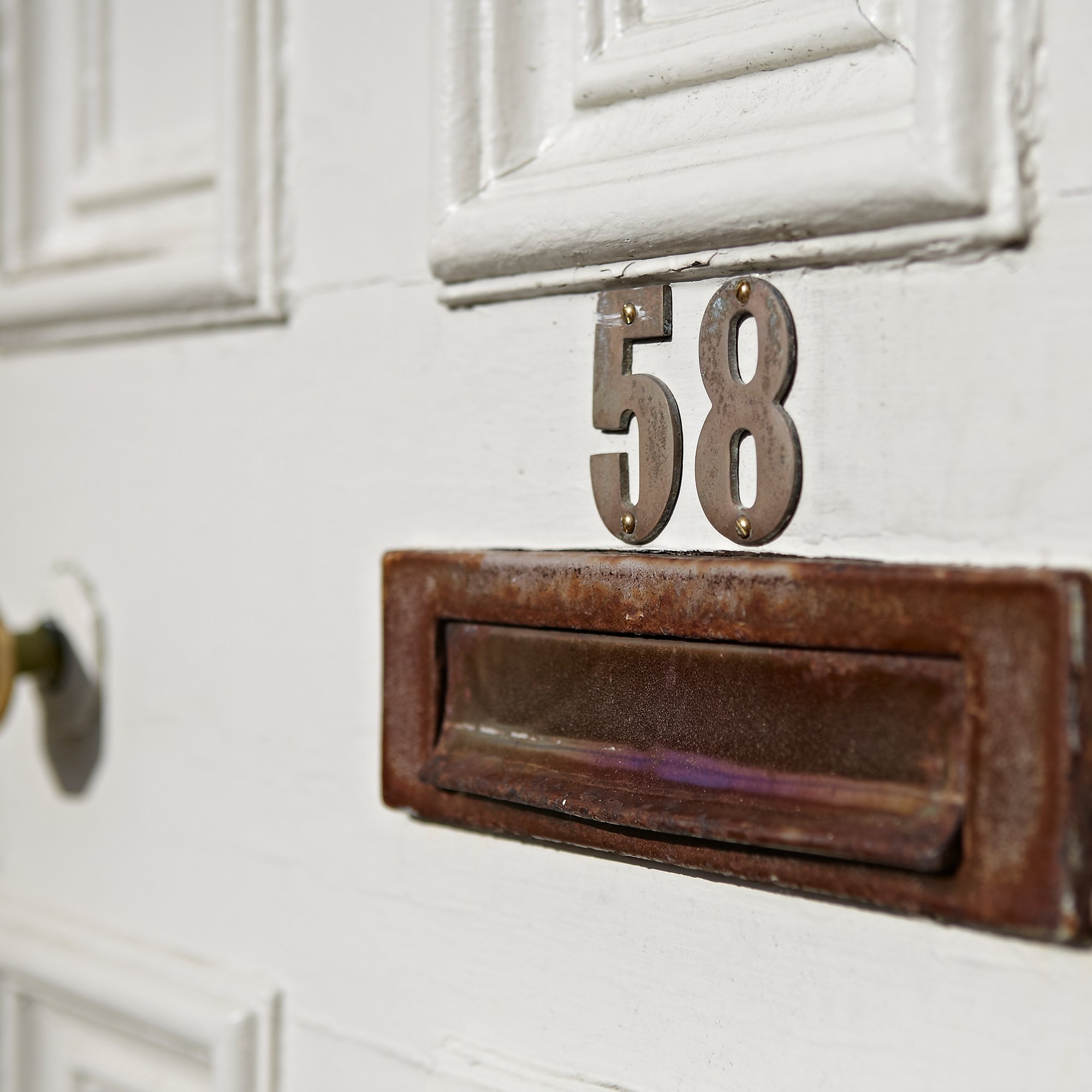
The main extra tip for how to clean rust off metal has to be safety, for both you and your items.
'Use appropriate safety gear like gloves and goggles, ensure good ventilation when working with chemical rust removers, and choose the method that best suits the item's size and condition,' advises Baqir. 'After rust removal, consider applying a rust-resistant primer or paint to protect the metal from future oxidation.'
Leigh also outlines a few approaches for specific rusted metals:
- Aluminium – Use non-abrasive pads or brushes and avoid overly acidic solutions that can damage the surface. Mild acids like white vinegar or lemon juice can be effective without causing damage to the aluminium surface.
- Stainless Steel – Utilise non-abrasive pads, nylon brushes, or stainless steel wool with gentle acidic solutions like lemon juice and baking soda.
- Steel – Employ wire brushes, steel wool, or abrasive pads along with acidic solutions like vinegar and baking soda.

What is the best homemade rust remover?
There are all manner of homemade solutions to help with how to clean rust off metal. The go-to involves the always useful bicarb/baking soda.
'To create a homemade rust remover, mix baking soda and water into a paste-like consistency or combine salt and lime juice into a thick, gritty mixture,' explains cleaning expert Baqir.
'Apply either of these pastes to the rusted area, let it sit for a few hours, and then scrub with a wire brush or abrasive pad until the rust is removed.'
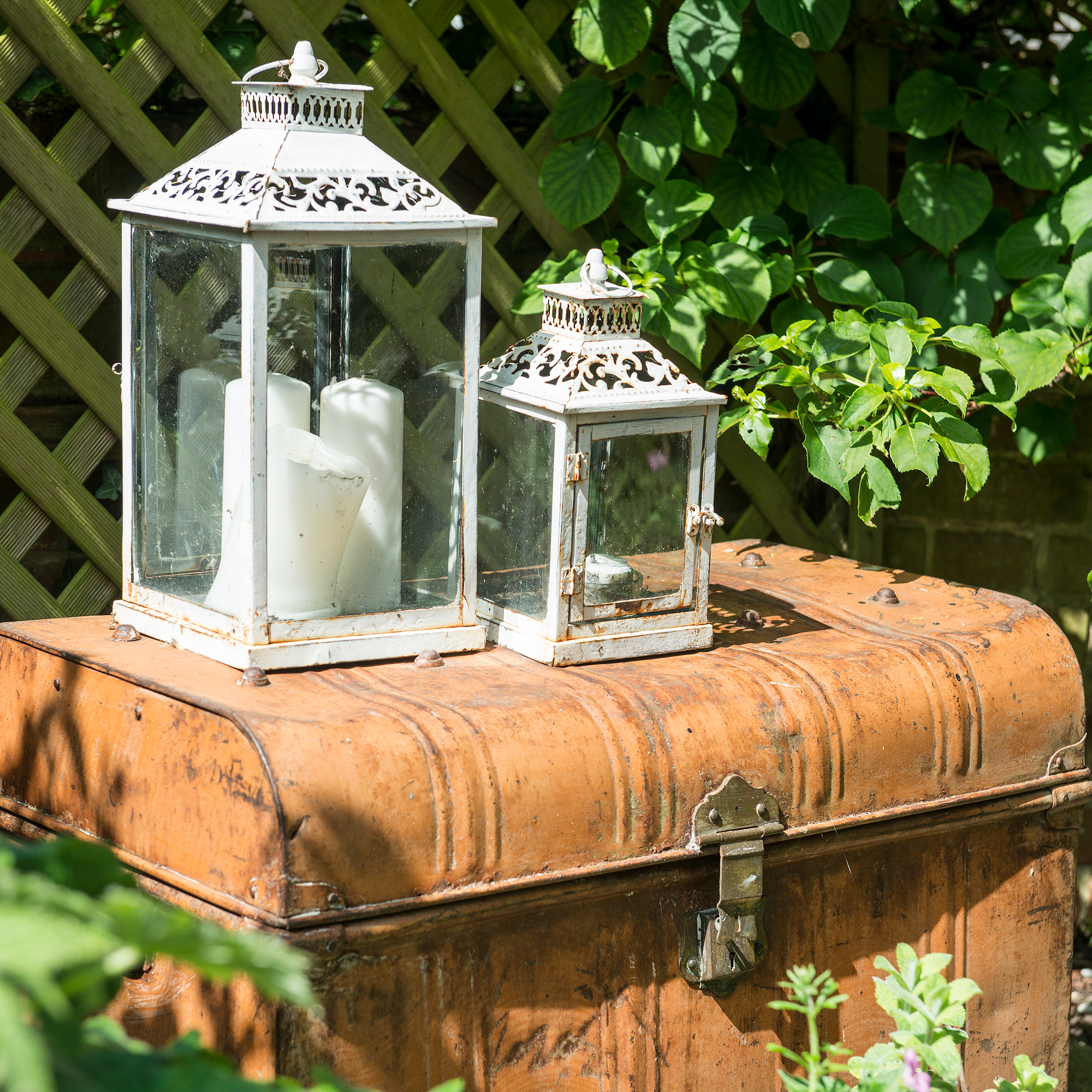
So whether you're using a store bought or homemade product, the process for how to clean rust off metal should now be a fairly painless job. Shiny surfaces incoming!
Get the Ideal Home Newsletter
Sign up to our newsletter for style and decor inspiration, house makeovers, project advice and more.

Thea Babington-Stitt is the Managing Editor for Ideal Home. Thea has been working across some of the UK’s leading interiors titles since 2016.
She started working on these magazines and websites after graduating from City University London with a Masters in Magazine Journalism. Before moving to Ideal Home, Thea was News and Features Editor at Homes & Gardens, LivingEtc and Country Homes & Interiors. In addition to her role at Ideal Home, Thea is studying for a diploma in interior design with The Interior Design Institute.
-
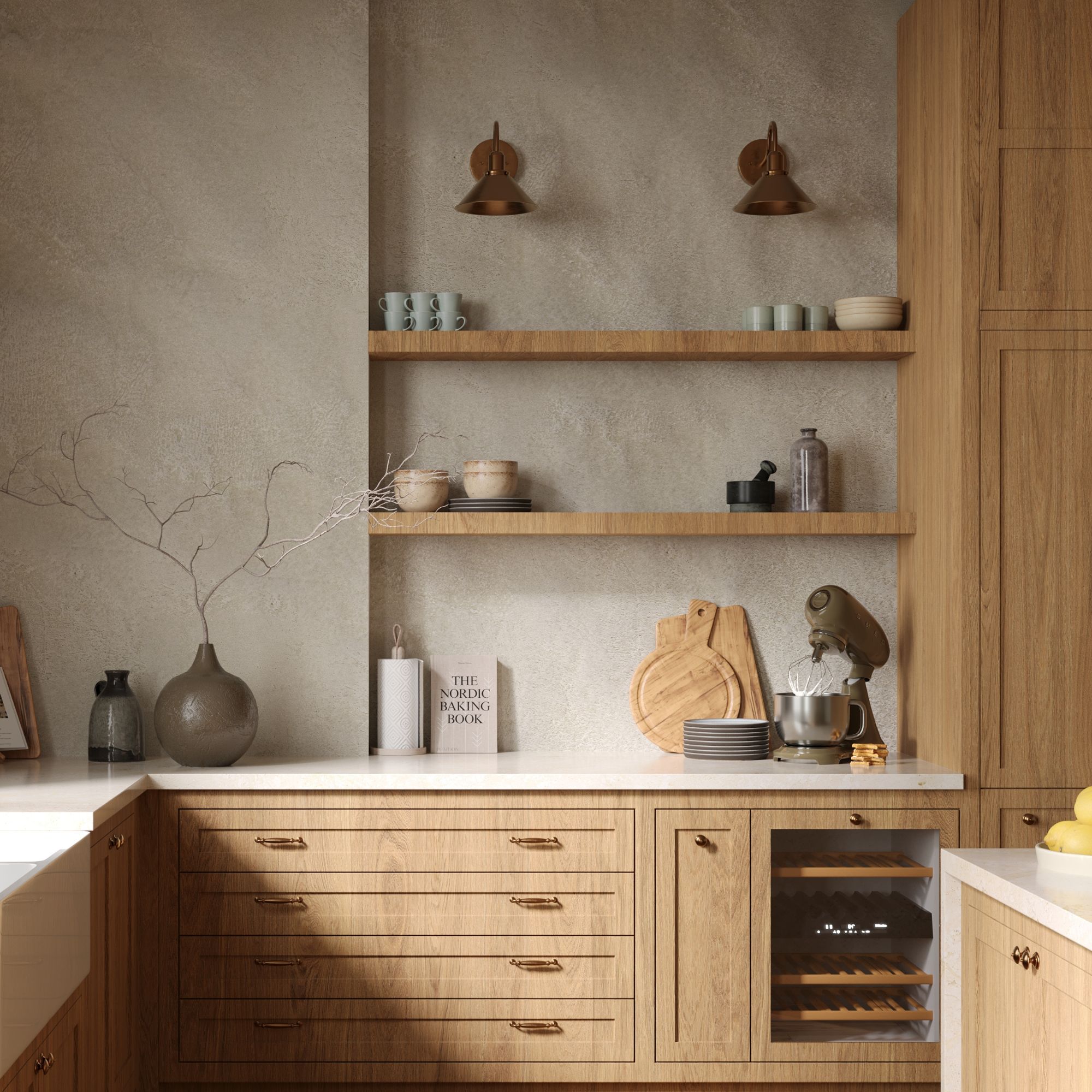 Wood drenching is the calming new twist on the colour drenching trend – here’s how to make the look work in your home
Wood drenching is the calming new twist on the colour drenching trend – here’s how to make the look work in your homeIt’s easier than ever to embrace natural materials
By Maddie Balcombe
-
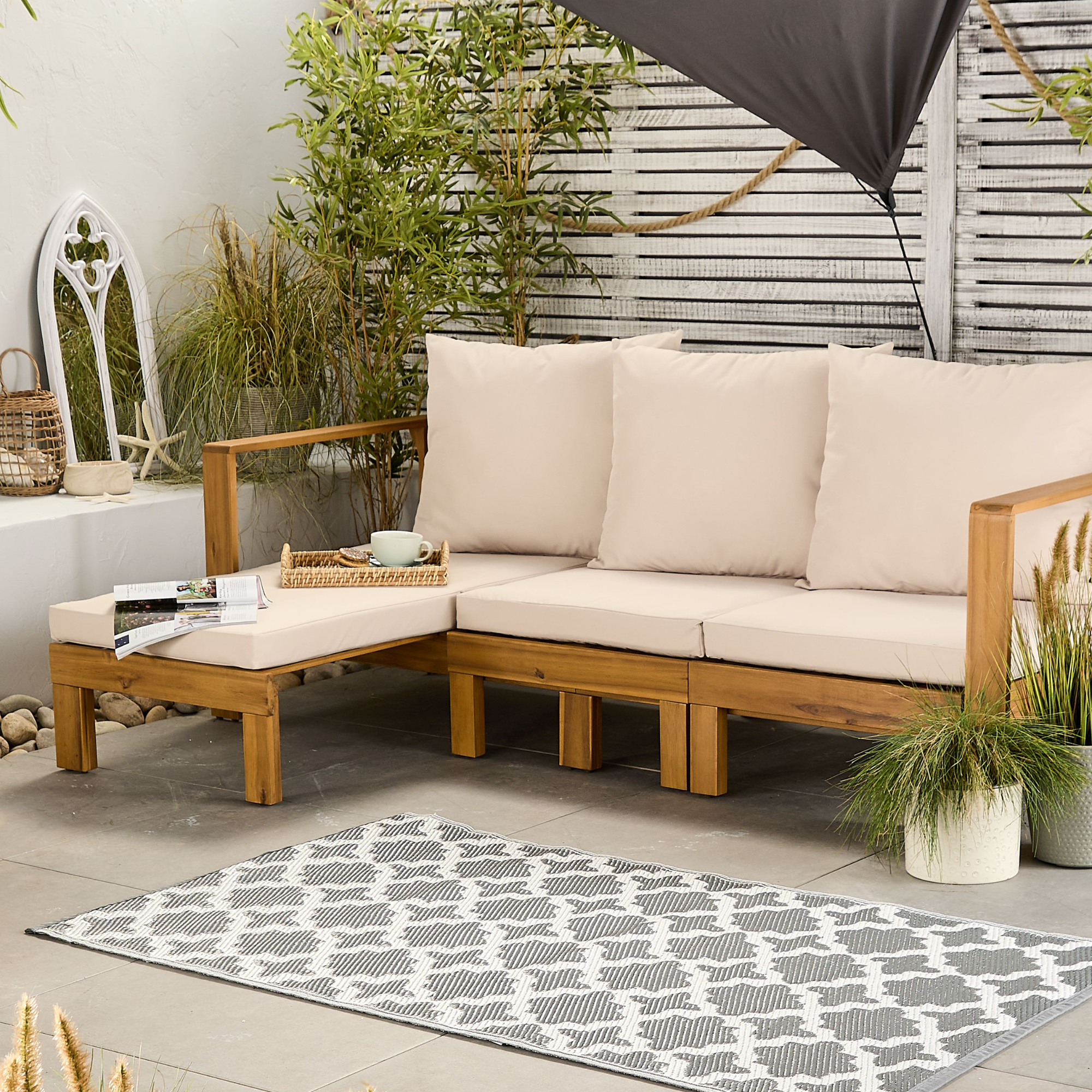 Aldi is launching a £200 day bed with four different features - its sleek design is suited to the whole family
Aldi is launching a £200 day bed with four different features - its sleek design is suited to the whole familyYou don't want to miss out on this Specialbuy
By Kezia Reynolds
-
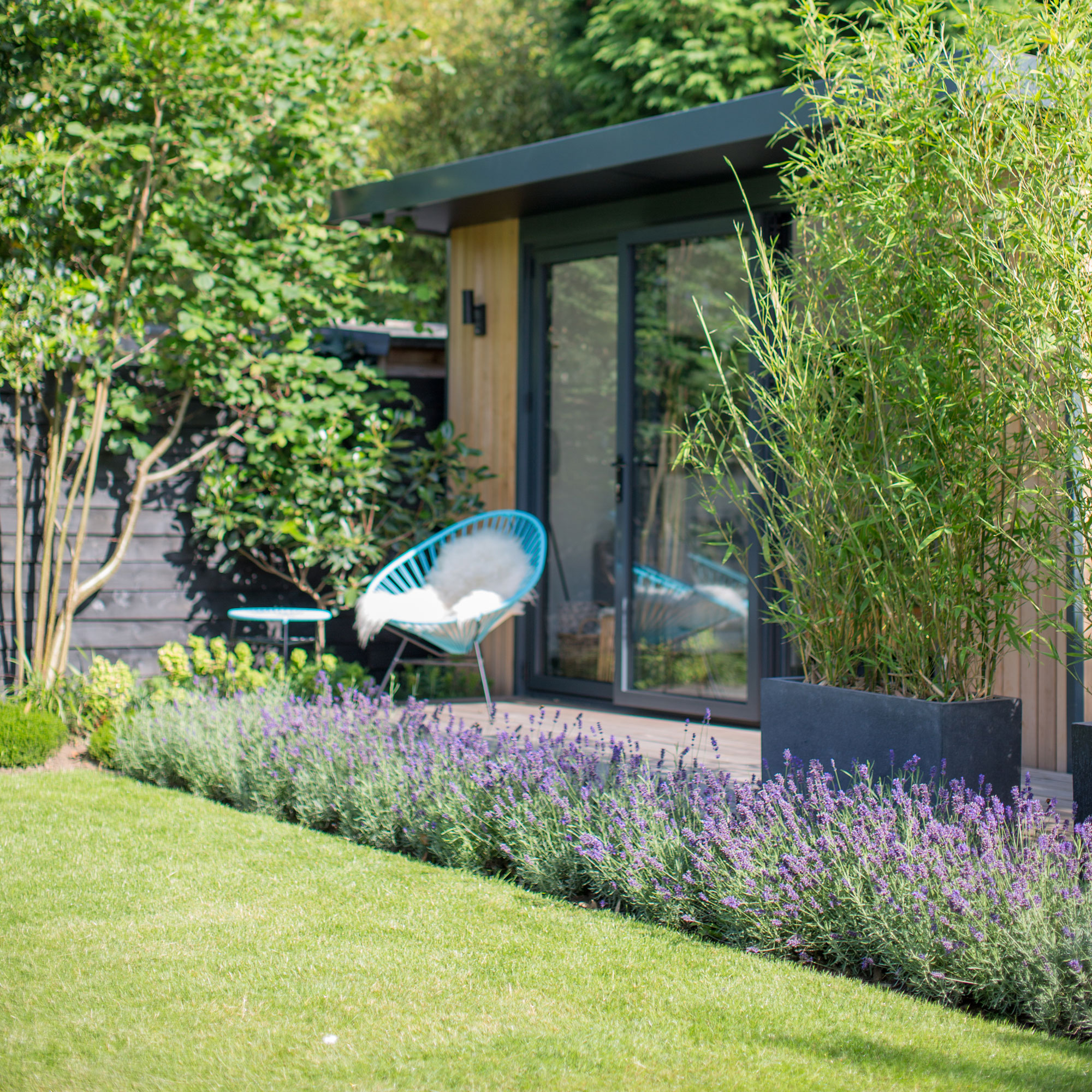 How to set up a drip watering system that saves water and a lot of effort
How to set up a drip watering system that saves water and a lot of effortKeep your plants hydrated (and your water bill down) with this clever garden watering solution
By Natalie Osborn
